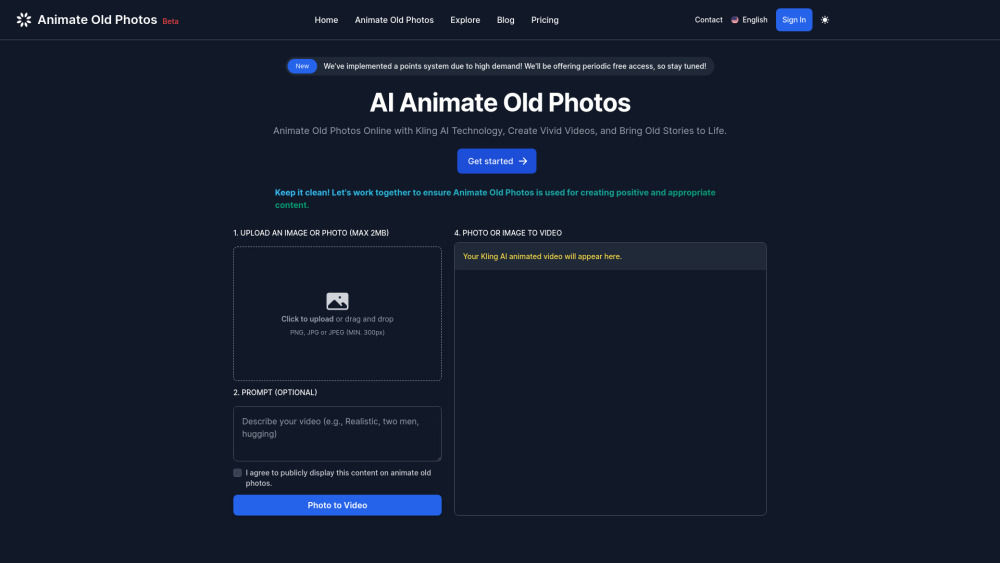James Cameron, the award-winning director of three of the top four highest-grossing films—Avatar, Avatar: The Way of Water, and Titanic—has made headlines by joining the board of Stability AI. This company is known for developing the original Stable Diffusion open-source AI model, which serves as the foundation for many generative AI video and image products today.
In a recent press release, Stability AI announced Cameron's board membership alongside other notable figures, including Dana Settle (Co-Founder of Greycroft), Colin Bryant (COO of Coatue Management), and Sean Parker (former President of Facebook).
Cameron's involvement comes at a crucial time for Stability AI, which has faced challenges this year, including a lawsuit over training data and financial management issues resulting in the resignation of former CEO Emad Mostaque in March 2024. He was succeeded by Prem Akkaraju, ex-CEO of Weta Digital, following a brief interim leadership period.
Cameron expressed his interest in the innovative possibilities AI brings to filmmaking, particularly in enhancing traditional computer-generated imagery (CGI). In his statement, he said, “I’ve spent my career exploring emerging technologies that expand storytelling possibilities. The combination of generative AI and CGI is the next frontier, unlocking new creative avenues for artists.”
His enthusiasm for AI aligns with his history of embracing pioneering technologies in film, such as motion capture and CGI. Meanwhile, he has been remastering films like True Lies in 4K, sparking debate among viewers about the necessity of such updates.
Sean Parker emphasized the significance of Cameron's addition to Stability AI, stating, “Having an artist of his caliber at the table marks the beginning of a new chapter for the company, showcasing limitless potential for collaboration between generative media platforms and artistic creators.”
Reactions on social media have been mixed. While many aspiring AI filmmakers welcomed Cameron's support for their medium, critics within traditional filmmaking circles voiced concerns over AI's exploitative training practices, which often involve using copyrighted works without permission. Some pointed out Cameron's history with Weta Digital, suggesting that this relationship may have influenced his decision to join Stability AI.
In a parallel development, actor Andy Serkis has also embraced AI filmmaking with his production company, Imaginarium. Speaking to UK lawmakers, he revealed plans for a project that combines 2D characters created using voice actors with augmented reality interactions, allowing users to engage with “AI characters” created by artists and directors.
This momentum in the industry aligns with Lionsgate's recent announcement of a partnership with AI startup Runway to develop a custom AI model based on their extensive catalog. This model will be used for creating storyboards, concepts, and special effects for future films.
As leading filmmakers embrace AI technology, the landscape of filmmaking is evolving. The availability of AI video generation models is expanding beyond Hollywood, providing opportunities for individuals and businesses to enhance various types of content, from advertisements to training videos. As the industry continues to change, those in creative fields are encouraged to explore AI tools to remain relevant and innovative.






